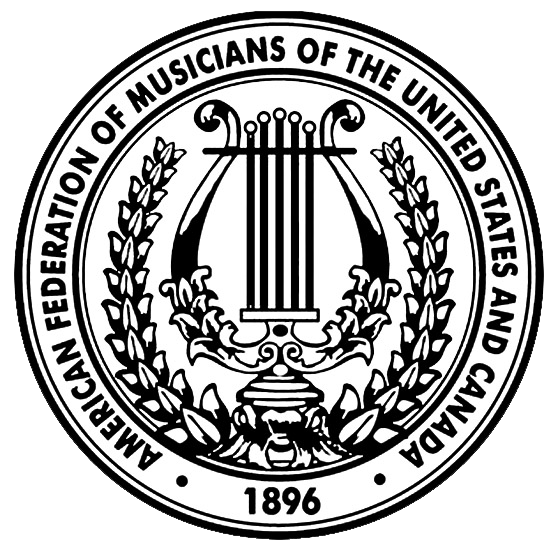[de]Generative Artificial Intelligence, Creators, and Us [Nov. 2023]
by Ken Shirk, AFM International Secretary-Treasurer
Generative artificial intelligence (AI), a sinister triad of words, has captured the interest of policymakers everywhere this season.
In the US, the world of copyright law has determined that machine-generative AI product cannot be copyrighted. The US Copyright Office is now busily hoovering up comments from interest groups about how it should think about AI with respect to copyright owners. The US Federal Trade Commission is similarly vacuuming up thoughts about how AI should be viewed through the consumer protection lens. (See article on page 9.)
Unions, trade groups, education associations, and intellectual property licensing agencies are all being asked to submit thoughtful comments for display in and consumption by the various policymaking venues and think tanks. AFM Electronic Media Services Division Director John Painting and I have been on the contributing side of that discussion in the last few weeks with the FTC, the National Music Council, and the AFL-CIO’s Department for Professional Employees’ interfacing with the US Copyright Office.
What I see in these exchanges is, quite appropriately, a vibrant discussion of “creators’ rights.” There is a general agreement that regulations must be created that establish a bright line of defense between the proprietary rights and economic interests of the creators, balanced against our government’s general disinclination to thwart the insatiability of our industrial-capitalistic economy of extraction, domination, and subjugation. In the end, creators will get their piece of the pie, just enough to keep from starving—but not so much as to leave any lingering hunger pangs in our voracious economy’s corporate digestive tract.
What I don’t see yet, and what we must insist upon, is for the policymakers and policy discussers to see us—the performers: the musicians, the singers, and the actors—as intrinsically connected to the creator and the creator’s rights. If the laws are to protect the creator from generative AI, then the law must recognize us, the performers, as an extension of the creator and similarly protect us.
A work created for performance gets no life without a human to perform it. (Not unless, of course, a digital ingesting machine-generative AI program is permitted to poach the unique sound quality of a voice, the image of a face, or the unique quality of a musician producing sound on their instrument and create a new product without the awareness or participation of that human without whom the sound or face would not exist, i.e., replacing the performer entirely.)
Copyright protection from the threat of generative AI, however, is not the answer for us. Copyright is based on the premise that one party may use another party’s creation or property, if the first party pays for it. As a performer, that doesn’t work for me; I want to get hired for a gig, and I want to get paid for doing that gig. I’m not interested in surrendering my career for a few royalty dollars every now and then in exchange for never again taking my horn out of its case. It’s unlikely, anyway, that the legislative bodies of our governments will even be able to imagine extending copyright protection to a performer.
We will therefore be urged by politicians to turn to collective bargaining. But bargaining with industry over our individual sound qualities finding their way into generative AI product isn’t much of a solution, either. We’ve bargained with industry over the incursion of technology for 100 years, and the result hasn’t been very satisfying.
That leaves only one choice: capturing voices, faces, and musician instrumental sounds for machine-ingested generative AI creations should be unlawful. Period. It’s too dangerous. To the extent that use of a human image, a human voice, or a human-generated instrumental sound is allowed to be absorbed into a generative AI product, is to the extent that performers are made obsolete. And it is then to the extent that the culture of humankind is sidelined in favor of the culture of machines.
